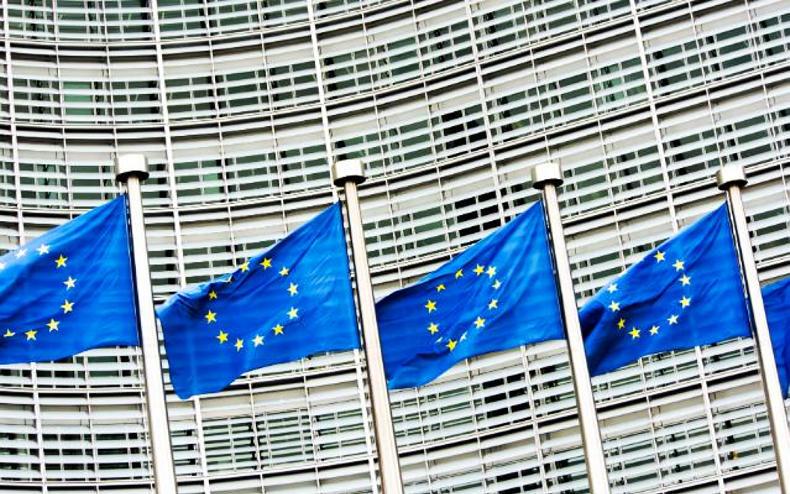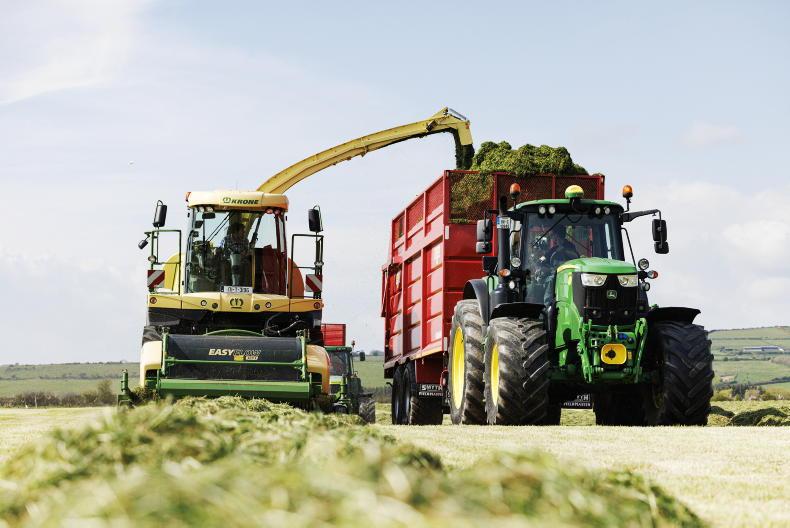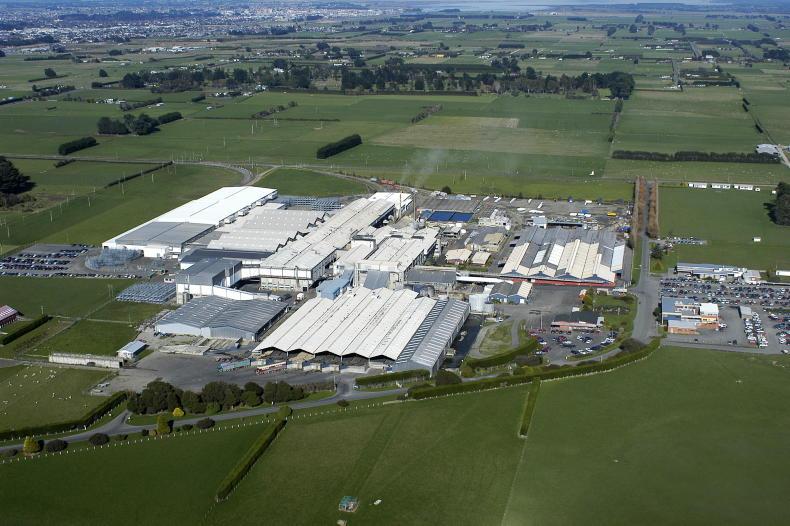Legislation on trade deals, glyphosate, anti-microbial resistance, unfair trading practices and crisis management tools for farmers have all been voted on by Irish MEPs since the European Parliament elections in 2014.
In the table, the Irish Farmers Journal gives a breakdown on how MEPs who are seeking re-election voted over the term of the last parliament.
All of the Sinn Féin and Independent MEPs either abstained, voted against or were absent for the votes on the Singapore, Canada, Japan and American trade deals. The four Fine Gael MEPs voted in favour of them.
The Sinn Féin MEPs abstained, voted against or were absent for other votes relevant to farming, including that on unfair trading practices (UTP), live export regulations, glyphosate and CAP tools to deal with crises in agricultural markets. Speaking on behalf of the Sinn Féin MEPs, Matt Carthy said he did not support the UTP legislation because he “cannot look farmers in the eye and tell them their situation will improve as a result” of its introduction.
He said the live export rules were too stringent for Irish exporters and that if current EU rules were strictly adhered to then it would have the highest animal welfare standards in the world. As first vice-president of the European Parliament, Mairead McGuinness was chairing the session on this day and therefore did not vote.
McGuinness said she voted against an objection to the extension of the licence for glyphosate and did not support its phasing out. Carthy said Sinn Féin abstained from that vote as the active substance should be banned from use in public parks and pre-harvest, but that its use in Irish agriculture is important and should have a strict licensing system until its safety is proven.
1 Trans-Atlantic Trade and Investment Partnership (TTIP)
Talks between the EU and US were suspended by President Trump when he came into office but were already deadlocked over the issue of access for hormone-treated beef to the EU and mutual recognition of standards.
2 EU-Canada Comprehensive Economic and Trade Agreement (CETA)
One of the most comprehensive trade deals ever entered into by the EU. It was signed off in 2016 but is being implemented provisionally as not signed off by individual member states yet. It has a generous 45,000t beef quota for Canada which is widely opposed by EU farmers and access to Canada dairy markets remains difficult for EU exporters.
3 Japan
This deal came into effect in 2019 and is one of the most favourable ever negotiated for EU farmers. It reduces beef and dairy tariffs from 38.5% down to 9% over 15 years and virtually clears tariffs on pig meat. Japan is also one of the biggest importing countries in the world for agricultural produce.
4 Singapore
This is a huge trading hub for Asia similar to what Rotterdam is for Europe. It is not a huge volume importer but has no agriculture as such of its own and imports what it needs for its urban population. It is a high-value market as well as being a trading hub for other Asian markets.









SHARING OPTIONS